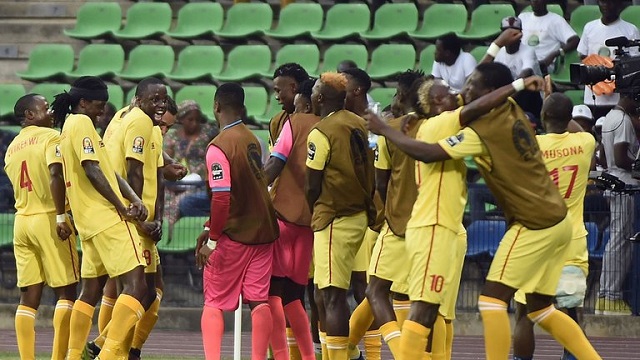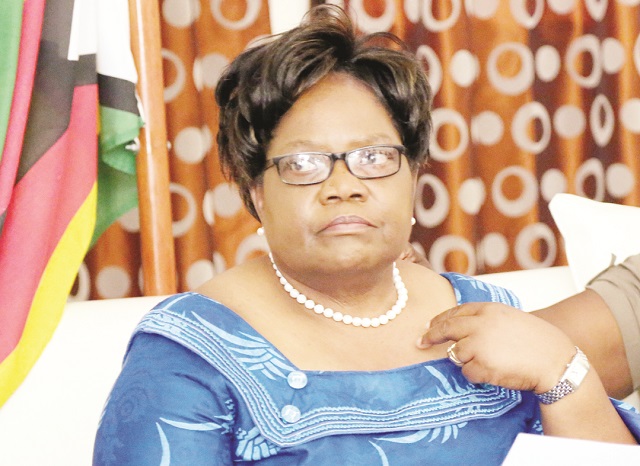South African bank concludes $120 million package for Zesa

Prosper Ndlovu, Business Editor
STANDARD Bank Group says it has finalised a $120 million debt package with the Zimbabwe Power Company (ZPC) for the rehabilitation of existing power generation infrastructure at Kariba South Hydro and Hwange Thermal Power Stations.
The deal is set to help boost domestic generation capacity and avert power imports in the long term. Zimbabwe is presently grappling power shortages due to low domestic generation hovering around 1 000MW against average demand of 1 400MW and above.
Acute cash shortages in the economy have also seen the power utility failing to service import arrears forcing South Africa’s Eskom recently to give ZESA up to the end of May to clear its $43m debt or risk losing 300MW daily supplies. The country also imports electricity from Mozambique.
As lead arranger for the facility, Standard Bank said it has partnered the Eastern and Southern African Trade and Development Bank (formerly PTA Bank) to deliver the financing.
The transaction is a continuation of a previous funding arrangement with ZPC, which went towards their contribution into the 300MW expansion at Kariba South Hydro Power Station, the regional bank said.
“This funding will assist in improving access to power for Zimbabwe and Namibia, and in the medium to long term, benefits of improved power supply and reliability will also extend to other Southern African Power Pool (SAPP) members. The proceeds will be applied to significant capital expenditure, which will increase capacity and improve efficiency of the power stations,” said Ms Tandiwe Njobe, regional head in charge of investment banking at Standard Bank.
“Without reliable access to power, industry and economic growth are negatively impacted.”
Contacted for comment, Energy and Power Development Minister, Dr Samuel Undenge, said: “We can talk about that later, I am in a tight meeting for now”.
As of yesterday, ZPC indicated that Hwange Power Station, which has installed capacity of 920MW, was only producing 327MW with Kariba contributing 669MW into the national grid against 750MW installed capacity.
All the three small thermals – Harare, Bulawayo and Munyati- were not generating anything. There are plans to expand Hwange generation capacity by adding two units, 7 and 8, which would add 600MW at a cost of about $1.4 billion with a ground breaking ceremony for the mega-project set to be conducted by President Mugabe in July.
Access to energy remains critical to the future growth potential of sub-Saharan Africa, yet power supply remains extremely limited across large parts of the region. Experts also blame inadequate energy supply for constraining economic growth and development on the continent.
While raising capital finance remains a challenge in most regional economies, the deal confirms Standard Bank’s commitment to using its on-the-ground presence and expert capabilities across Africa to finance the development of power and infrastructure projects throughout the continent.
Standard Bank has a strong relationship with key stakeholders in the region, which is crucial to ensuring positive economic outcomes.
“This is a landmark transaction in which we could leverage our sector and technical expertise in both markets, as well as our understanding of the regional power dynamics and local regulatory environments, to deliver value to ZPC and Namibia Power Corporation, (NamPower). To make this transaction work we engaged with four regulatory bodies and key policy makers in four ministries in Namibia and Zimbabwe,” said Ms Njobe.
She said the cross border facility places reliance for repayment on a long-term Power Purchase Agreement (PPA) between ZPC and NamPower. ZPC has a long track record of delivering power to NamPower.
The PPA, said the bank, provides a long term and sustainable cash flow stream to ZPC, enabling the entity to raise further funding for new projects and now for the rehabilitation of existing infrastructure.
Standard Bank said it has a long-standing relationship with ZPC as their primary banker, and with NamPower, which ultimately benefited all parties to the transaction.
“It was important for us to support the regional power sector through this loan facility. The facility is significant in its contribution to increasing power generation in a region which has an on-going deficit and a clear need for dependable and sustainable power supply,” said Ms Njobe.











Comments